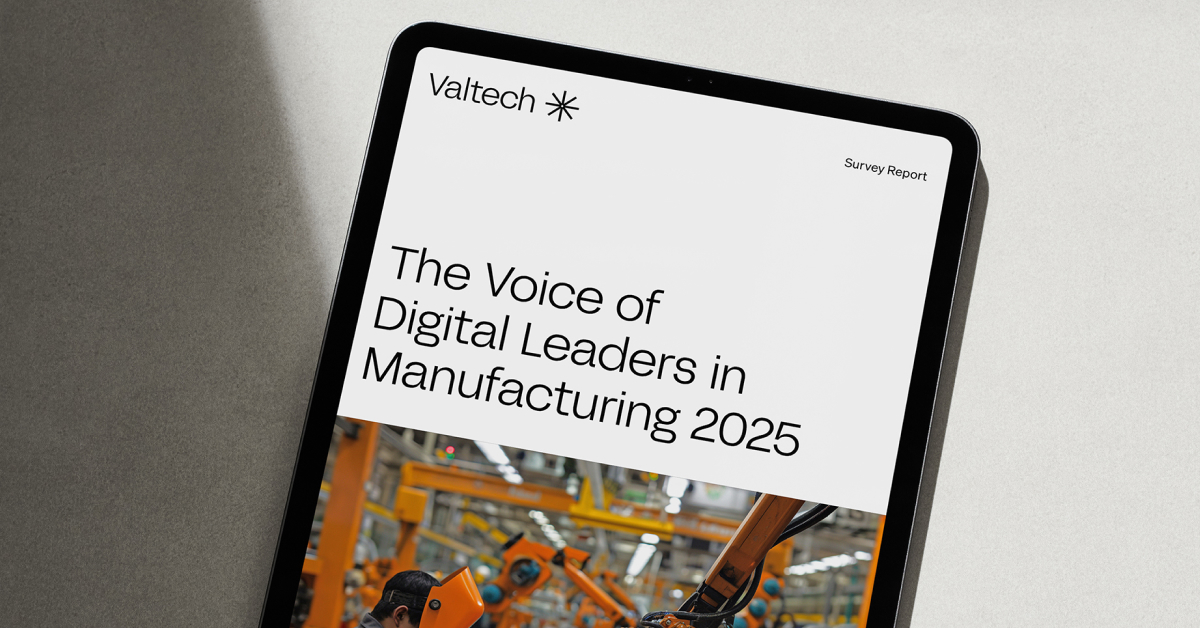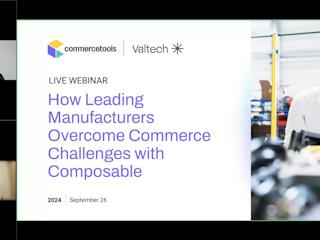However, the latest data from Spencer Stuart’s CMO Tenure Study 2025 reveals that industrial and B2B companies are starting to invest more in executive marketing roles. This change marks a fundamental transformation in how these traditionally sales-driven industries approach brand positioning, customer engagement and long-term growth.
A shift from sales-first to brand-first thinking
Historically, industrial firms relied on relationships, industry trade shows and technical expertise to differentiate themselves. However, recent research underscores the critical importance of B2B brand building.
LinkedIn’s 2024 B2B Marketing Benchmark report found that brand building efforts deliver significant results. Around six in 10 leaders say investments led to more brand engagement, 55% recorded increased Share of Voice and 48% said it resulted in more media coverage. This data reinforces the CMO's role as a key revenue driver, transforming marketing from a cost center to a strategic business function.
Insights from Brand Finance further reveal that the top 100 B2B brands are worth a quarter of a trillion more in 2024 than in 2023. This underscores the immense potential for B2B companies to leverage brand development for competitive advantage.
In response, leading industrial and B2B companies are appointing CMOs with expertise in digital transformation, customer insights and brand development. These leaders are doing more than supporting sales efforts. They are driving holistic strategies that foster long-term customer trust and industry leadership. This shift underscores why industrial companies — from manufacturing giants to logistics firms — now treat marketing as a boardroom-level priority.
5 ways the industrial marketing playbook has evolved
The increased investment in CMO roles among industrial firms is driving major shifts in marketing strategy, including:
1. Building mental availability and brand differentiation
According to LinkedIn’s B2B Institute, building brand awareness is more important than minimizing rejection. Budgets are best spent on increasing mental availability, ensuring your brand comes to mind when buyers are ready to make decisions. Brands that differentiate themselves through a clear customer promise see increased market share and improved brand health. This is where real opportunity lies.

A study by WARC Advisory, in collaboration with The B2B Institute at LinkedIn, analyzed 700 global B2B campaigns to find that those with a clear customer promise were three times more likely to increase market share and 2.5 times more likely to enhance brand health than those without. Considering only 18% of B2B campaigns included a customer promise compared to 40% in B2C campaigns, this is a major opportunity for B2B brands to differentiate themselves.
A McKinsey report reveals that B2B companies with strong, differentiated brands outperform competitors with weaker brand identities by 20%. This financial incentive is driving industrial firms to invest more strategically in B2B marketing leadership and brand development.
2. Delivering brand as an experience
In modern B2B marketing, the brand must be part of the entire customer journey. Whether it’s omnichannel engagement, personalized AI-driven interactions or immersive industry events, brands offer more than just products. They offer experiences that build long-term trust.
B2B brands need to do more than sell products. They must position themselves as trusted advisors. Through thought leadership, educational content and industry insight, they can make branding a meaningful customer-centric experience.
Branding extends beyond purchase, into customer support, product development and community building. Salesforce creates immersive ecosystems through events like Dreamforce and learning platforms like Trailhead. HubSpot fosters brand loyalty with free certification programs and self-serve tools. IBM personalizes interactions by using AI to deliver tailored industry insights, ensuring relevance and engagement.
By focusing on long-term relationships rather than one-off transactions, B2B brands can transform themselves from vendors into strategic partners, fostering deeper loyalty and differentiation in competitive markets.
3. Brandformance: investing across the brand-to-demand spectrum
As industrial firms refine their marketing strategies, they increasingly recognize the need to balance long-term brand building with short-term performance marketing.
While performance marketing — leveraging data to optimize campaigns for measurable business outcomes — is crucial for demonstrating immediate ROI, it works most effectively when supported by strong brand equity.
By investing across the brand-to-demand spectrum, industrial CMOs can drive immediate conversions while establishing an enduring market presence and reinforcing their role as both revenue drivers and brand architects.
4. Data-driven personalization at scale
Industrial and B2B buyers now expect the same level of personalization they experience in B2C interactions. Advanced data analytics, AI-powered customer insights and technologies like Adobe Experience Cloud enable industrial firms to segment their audiences more effectively and deliver hyper-personalized messaging at scale.
By leveraging tools like Adobe’s AI-driven personalization capabilities, B2B companies can craft tailored experiences that resonate with specific business needs, moving beyond generic product pitches. This shift transforms how industrial brands engage with decision-makers, delivering highly relevant content and solutions that build deeper connections and foster long-term loyalty.
5. Composable architecture for marketing agility
With the rapid evolution of digital technologies, industrial firms are adopting composable architecture — modular, API-first systems that offer greater flexibility and integration across marketing, sales, and operations.
Swiss multinational specialty chemical company Sika is a great example of this. Over the last few years, Valtech has helped Sika build a scalable Adobe ecosystem that lets them manage over 100 localized websites from a single platform and deliver a consistent brand experience across every customer touchpoint.
Such an approach enables CMOs to rapidly test, iterate, and optimize their marketing technology stack, ensuring adaptability to changing customer expectations and emerging digital trends. In Sika’s case, they can validate assets three-times faster with Adobe AEM.
The future of industrial marketing strategies
The rise of the modern CMO marks a significant turning point for manufacturing and B2B companies. No longer relegated to the back office, marketing is now central to strategic decision-making. By embracing modern branding, data-driven tactics and digital transformation in manufacturing, these CMOs prove that marketing is more than just an expense. It’s a powerful engine of growth and competitive advantage.
Explore the future of industrial marketing for yourself and learn how CMOs are transforming the customer experience by reading Valtech’s The Voice of Digital Leaders in Manufacturing 2025 report. Download the report today.












